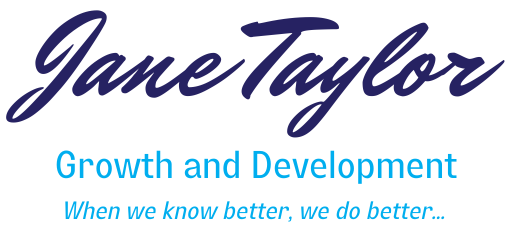The ICF Updates Core Competencies

The Updated ICF Core Competencies were released in November 2019. The ICF Core Competencies were developed
“to support greater understanding about the skills and approaches used within today’s coaching profession as defined by ICF.”
How Have the ICF Core Competencies Changed?
The Core Competencies have changed with –
- Competencies 1 and 2: focused on “the Being of the Coach”,
- Competencies 3 – 8: focused on “the Doing of Coaching”,
Competency 1 and 2: “The Being of the Coach” –
These competencies relate to how the coach shows up and their “being” and includes:
1. Demonstrates Ethical Practice: Understands and consistently applies coaching ethics and standards of coaching.
The language has changed from the old model of Meeting Ethical Guidelines and Professional Standards to Demonstrates Ethical Practice. This is the core of coaching in many ways.
A few examples of this competency in practise includes – abiding by the ICF Code of Ethics, maintaining the distinctions between coaching, consulting, psychotherapy and other support professions as well as referring clients to other professionals when required.
2. Embodies a Coaching Mindset: Develops and maintains a mindset that is open, curious, flexible and client-centered.
Embodies a coaching mindset is a new competency. However, this does relate to some aspects of the older competencies. Some examples of this new competency includes – acknowledging that the clients are responsible for their own choices, seeking help from others’ when required and developing ongoing learning and reflective practise.
Competency 3-8: “The Doing of Coaching” –
These competencies relate more to the direct work coach’s do through individual coaching sessions. The competencies are –
3. Establishes and Maintains Agreements: Partners with the client and relevant stakeholders to create clear agreements about the coaching relationship, process, plans and goals. Establishes agreements for the overall coaching engagement as well as those for each coaching session.
This competency has evolved from the previous one of Establishing the Coaching Agreement. Now this competency relates to the coach sharing about what coaching is and what it isn’t. As well as reaching agreement about the coaching relationship (i.e. logistics, fees, scheduling, duration, termination, confidentiality and inclusion of others) and determining client-coach compatibility. There are also other attributes and you can find these here.
4. Cultivates Trust and Safety: Partners with the client to create a safe, supportive environment that allows the client to share freely. Maintains a relationship of mutual respect and trust.
The competency in the previous model was Establishing Trust and Intimacy with the Client and is now Cultivates Trust and Safety. As you can hear in the video here, the competency has been revised to clarify the intent behind the competency and also translate across different cultures (especially in relation to the word intimacy).
Some examples of the aspects within this competency include demonstrating respect for the client’s identity, perceptions, style and language and adapting it to coaching the client as well as showing support, empathy and concern for the client.
5. Maintains Presence: Is fully conscious and present with the client, employing a style that is open, flexible, grounded and confident.
In the previous model it was Competency number 4 (Coaching Presence) and has evolved to Maintains Presence. Some examples of aspects within this competency include – managing emotions and staying present and grounded with the client, being comfortable working in the space of not knowing and also creating and/or allowing space for silence, pause or reflection.
6. Listens Actively: Focuses on what the client is and is not saying to fully understand what is being communicated in the context of the client systems and to support client self-expression.
This competency relates to the previous Active Listening competency (number 5). A couple of examples of this competency relates to noticing, acknowledging and exploring the client’s emotions, energy shifts, non-verbal cues or other behaviours as well as noticing trends in the client behaviours and emotions across coaching sessions.
7. Evokes Awareness: Facilitates client insight and learning by using tools and techniques such as powerful questioning, silence, metaphor or analogy.
Evokes awareness combines the previous competencies 6-8 (Powerful Questioning, Direct Communication and Creating Awareness). This competency identifies what the coach does to evoke awareness within the client.
Some examples of what the coach does includes – asking questions about the client in relation to their way of thinking, values, needs and beliefs as well as adjusting the coaching approach in response to the client.
8. Facilitates Client Growth: Partners with the client to transform learning and insight into action. Promotes client autonomy in the coaching process.
Facilitates Client Growth combines the previous competencies 9-11 (Designing Actions, Planning and Goal Setting and Managing Progress and Accountability). This revised competency connects all of these elements in a more succinct way.
A couple of examples of this competency include working with the client to integrate new awareness, insight or learning into their worldview and behaviours as well as celebrating the clients successes and progress.
Are You an ICF Coach?
To support the ICF Coaching Community transition to the new core competencies, the ICF prepared a webinar. You can access the webinar here or go to the ICF Page here and scroll down the bottom.
Over to You…
I hope this post has helped you to see the changes in relation to the ICF Core Competencies. If you have any questions, please let me know. Also – if you are looking for an ICF Mentor Coach, please click here to find out more. I have also created a Coach’s Business Starter Toolkit here.
